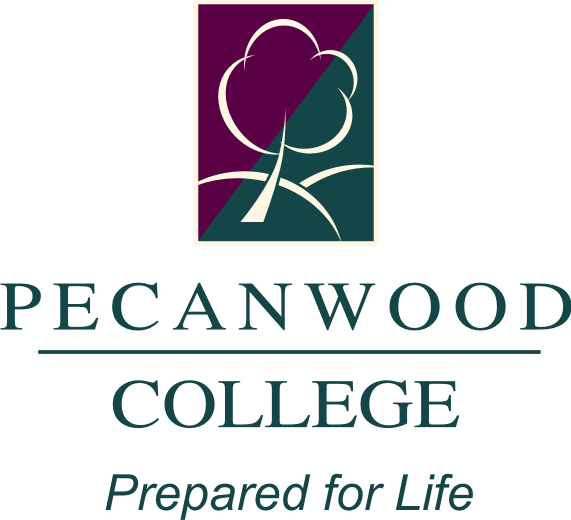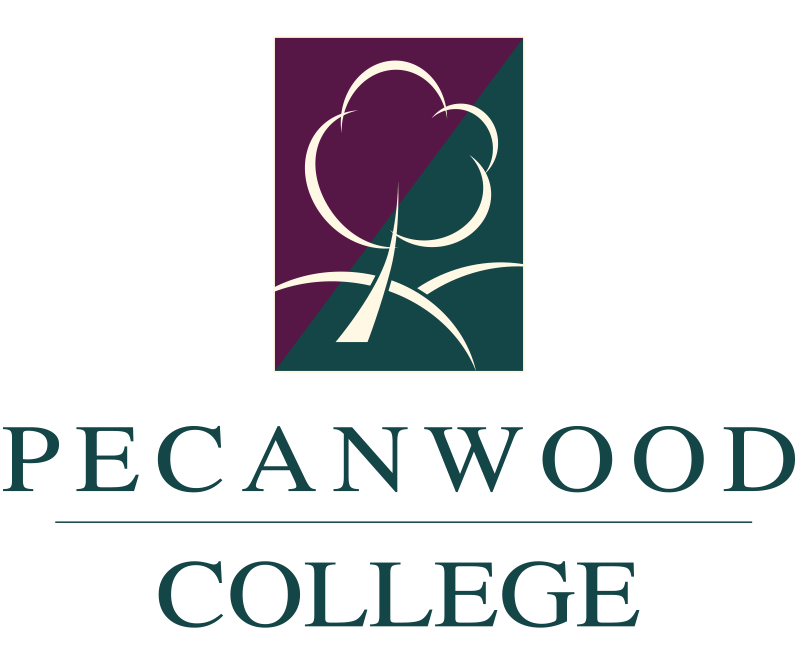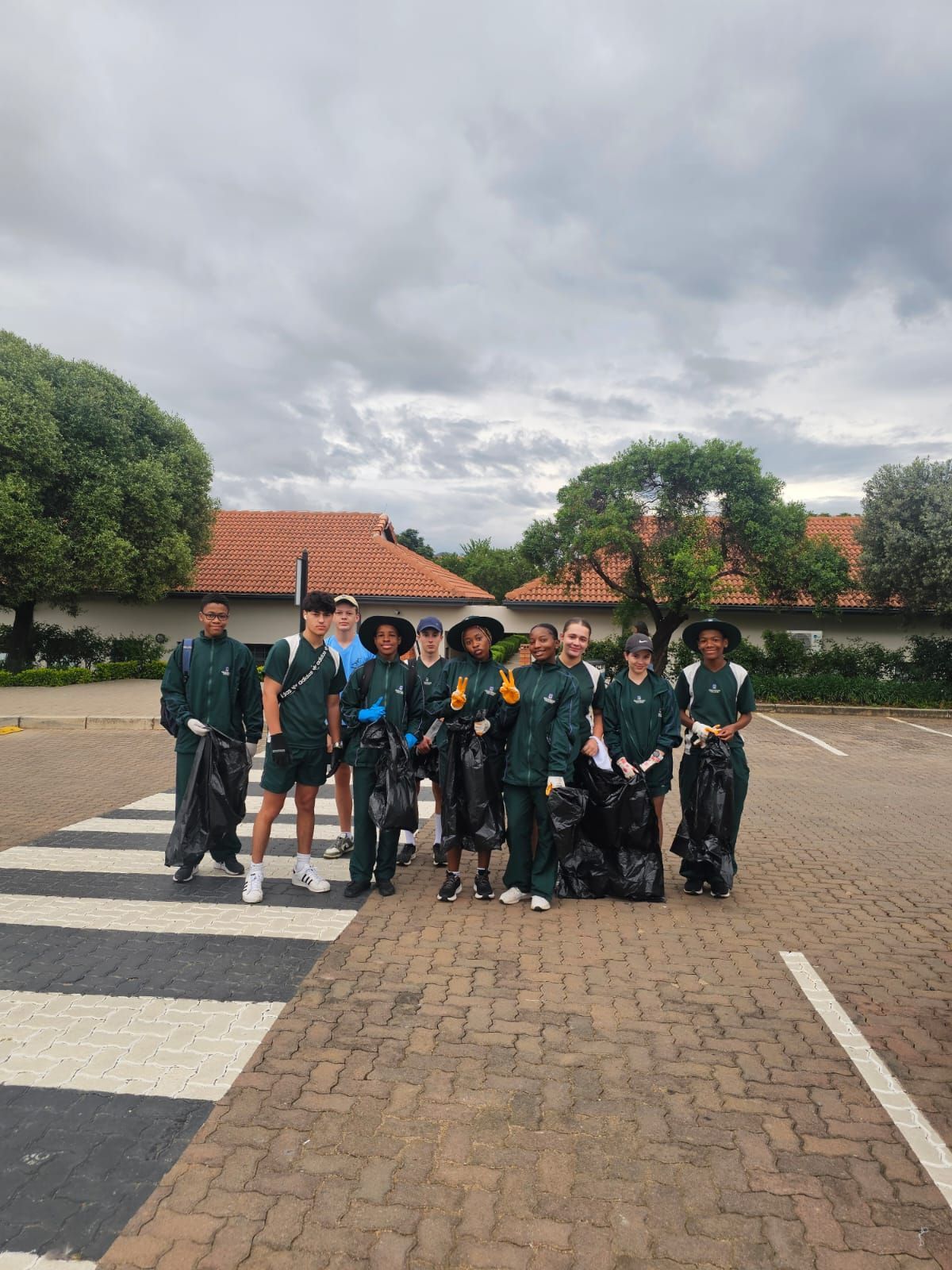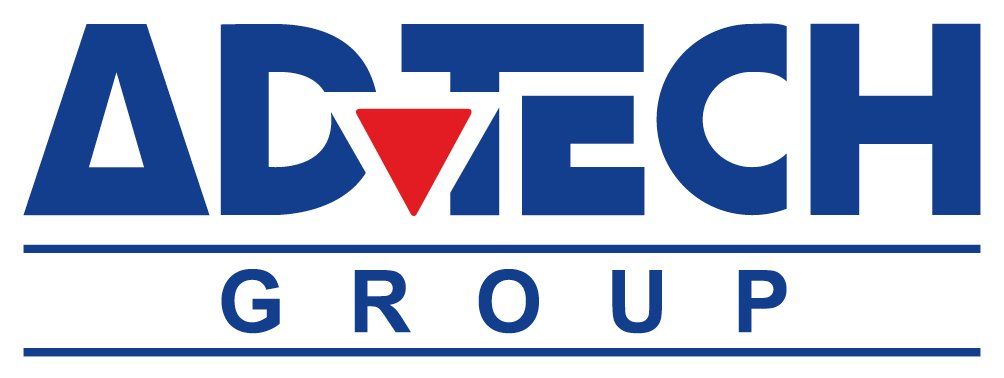Math Olympiad
February 22, 2021
In March 2020 the high school wrote the first round of the South African Maths Olympiad. Several of our Pecanwood College learners who wrote qualified for the second round, making their teachers proud. The second round took place in July 2020 for the Grade 8s and 9s and in September for the Grade 10s to 12s. In January 2021 the finalists were announced.
Mathew Goodrum made Pecanwood College proud by achieving third place in the North West province for the Maths Olympiad. Mathew’s teachers are extremely proud of him and believe that this achievement can be attributed to his natural mathematical ability and his dedication to the subject.
The high school’s mathematics department has awarded Mathew with a gift voucher for Bargain Books.
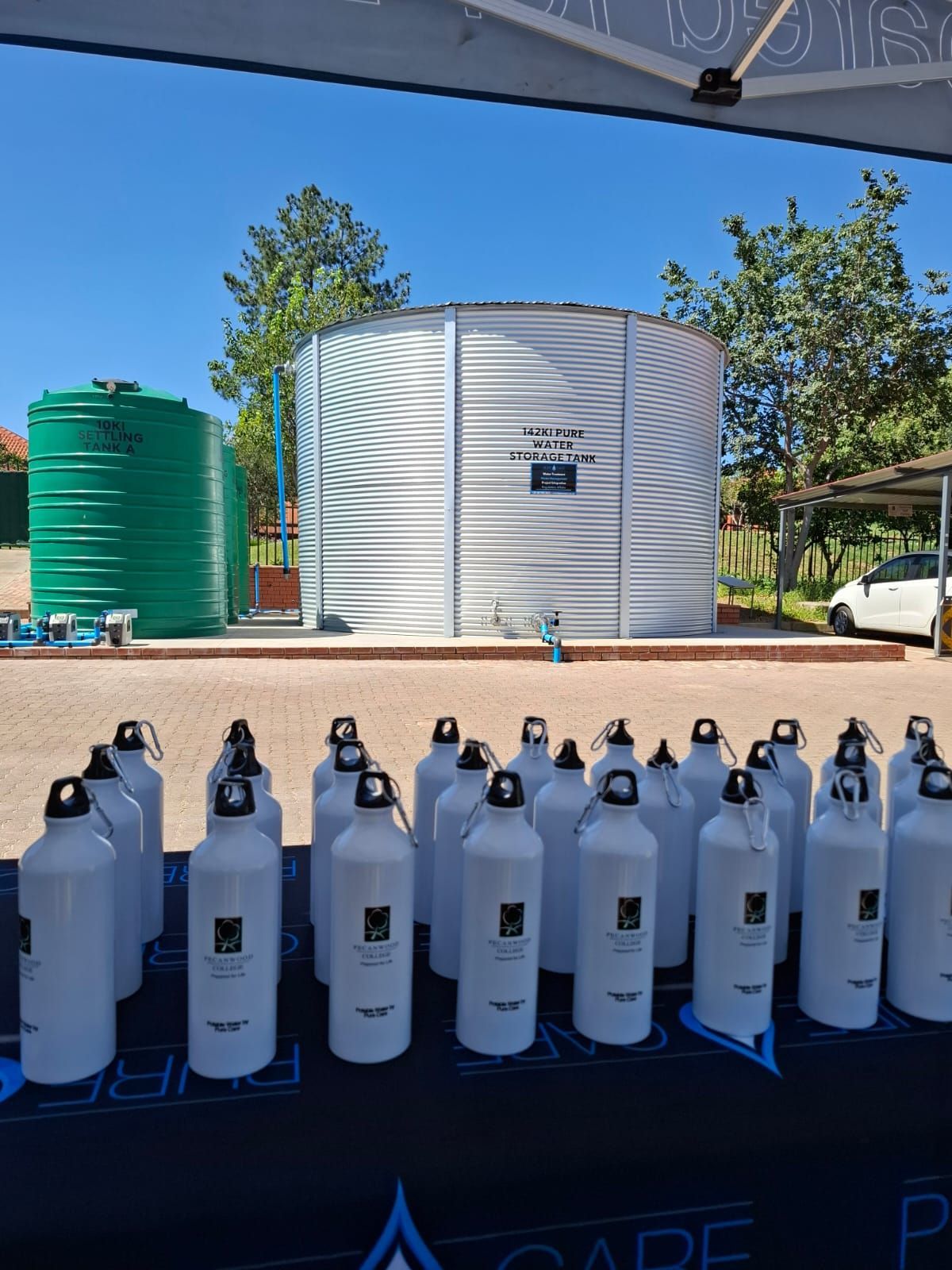
This state-of-the-art facility utilizes advanced *reverse osmosis (RO) technology* to remove harmful contaminants such as *lead, arsenic, and volatile organic compounds (VOCs),* ensuring that our learners, staff, and visitors have access to *safe, high-quality drinking water.* This initiative not only enhances the well-being of our community but also reflects our commitment to sustainability and responsible resource management. As of last week, we have successfully processed *over 3.8 million liters of purified drinking water, with a **284,000-liter storage capacity* ensuring a reliable supply for both our *hostel residents and day scholars.* This means that every student and staff member at Pecanwood College benefits from clean, great-tasting water that meets the highest quality standards. By investing in cutting-edge water purification technology, *we are taking proactive steps towards a more sustainable future*—reducing plastic waste from bottled water, promoting healthier hydration habits, and ensuring long-term water security for our campus. We are excited about this milestone and look forward to expanding our sustainability efforts even further! 🌱💙 #Sustainability #CleanWater #PecanwoodCares #FutureReady
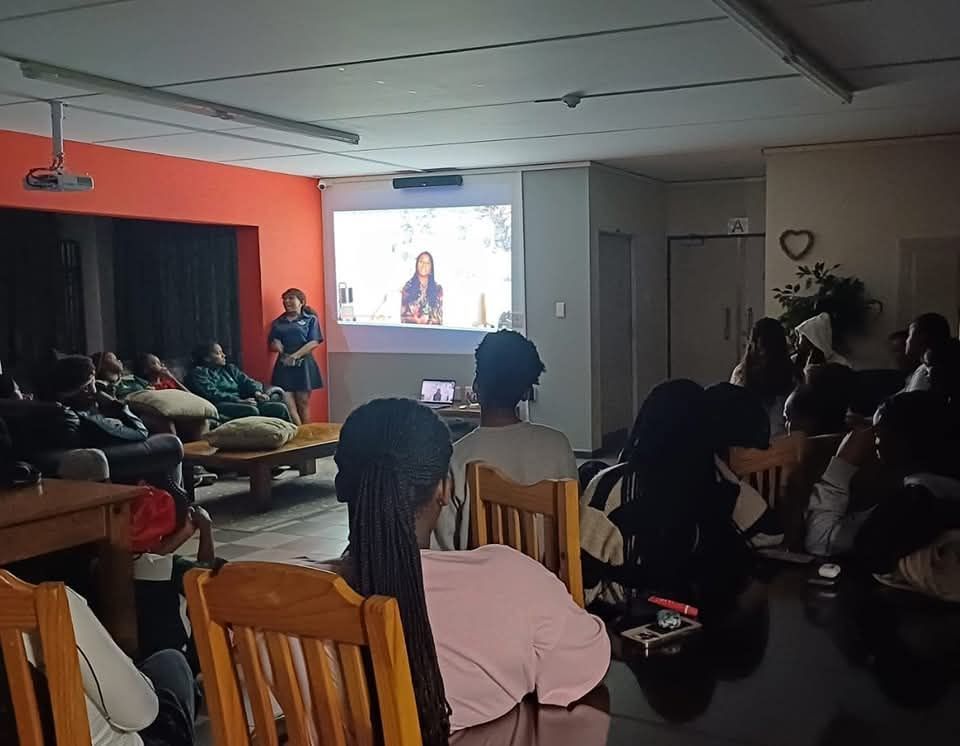
"Weekend well spent! ✨ Ntokozo, the house mum on duty, delivered an insightful talk on Elegance 101, covering everything from refined behavior and being ladylike to dressing appropriately for different occasions. She also touched on etiquette in dating and social settings. It was a truly enriching discussion! #Elegance101 #GraceAndPoise"
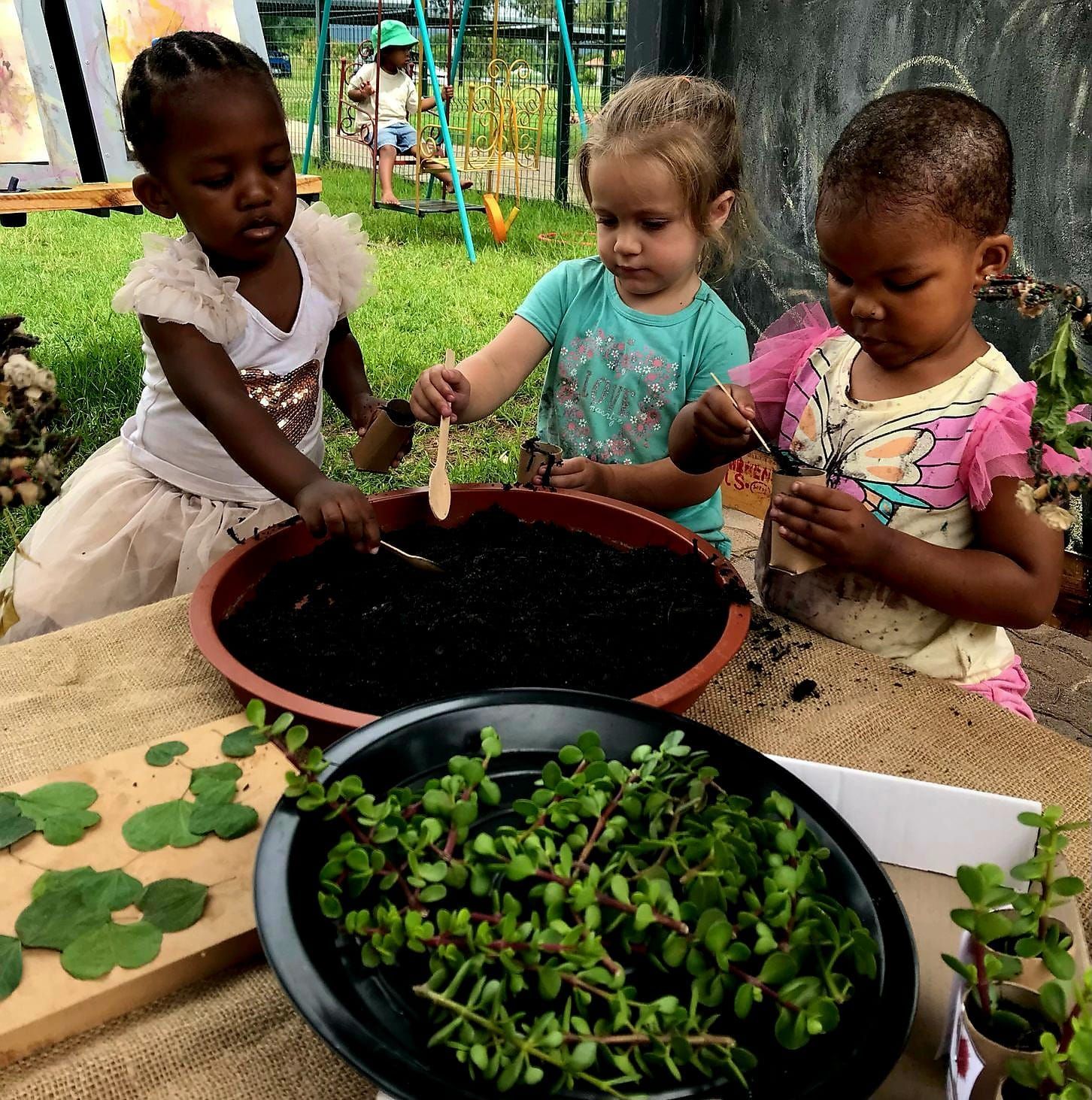
On Valentines Day the Pre-Prep gave some love to our planet. They used recycled toilet roll inners as planting pots. Each child planted a Spekboom in their pot for their parents. The message on the pot was: "Love our planet, love our home, plant a tree for you and me". The Spekboom absorbs large amounts of carbon dioxide from the atmosphere

In a first for the country, South Africa’s leading private education provider, ADvTECH, will this month start rolling out a unique, locally developed personalised learning digital platform across its schools. ADvLEARN is a customised platform for ADvTECH Schools that provides personalised learning paths using adaptive technology to deliver data-driven insights and learning analytics. Students will therefore have a unique learning experience while constantly improving their understanding in core areas. “We are very excited to have partnered with MathU to bring this groundbreaking digital learning platform to our Grade 7 to 12 students, a move which will further cement our reputation as a leader in education in the country, in line with our vision to stay at the forefront of global technological innovation and emerging best practices,” says Desiree Hugo, Academic Head at ADvTECH’s Schools Division. ADvTECH Schools Division will initially use ADvLEARN to enhance learning in Mathematics (Grade 7 to 12), Physical Sciences (Grade 10 to 12) and Mathematical Literacy (Grade 10 to 12). The pedagogy applied in ADvLEARN seeks to find the gaps in students’ learning, and then fill these gaps to ensure they improve their understanding in core areas. Through adaptive learning technology, the system supports both students who want to progress faster as well as students requiring reinforcement of key concepts. MathU is a software as a service (SaaS) company based in Pretoria, specialising in artificial intelligence and software engineering. The team at MathU has developed an innovative software solution that uses state-of-the-art engineering principles to map, monitor, and assess student progress. The platform has been adapted to cater to the specific needs of schools and universities, and the company was founded by engineers and scientists who are passionate about improving mathematics and science education. MathU provides solutions to schools and universities looking to enhance their educational offerings and better support their students. “In addition to enhancing student learning, ADvLEARN will also give teachers the ability to instantly allocate relevant student work and homework to student devices, immediately access student performance and achievement data, as well as easily view and identify concepts needing reteaching and review,” says Hugo. “We are truly excited about taking education another step into the future in 2023, and look forward to seeing how this strategic partnership cements and accelerates STEM learning for our students.”
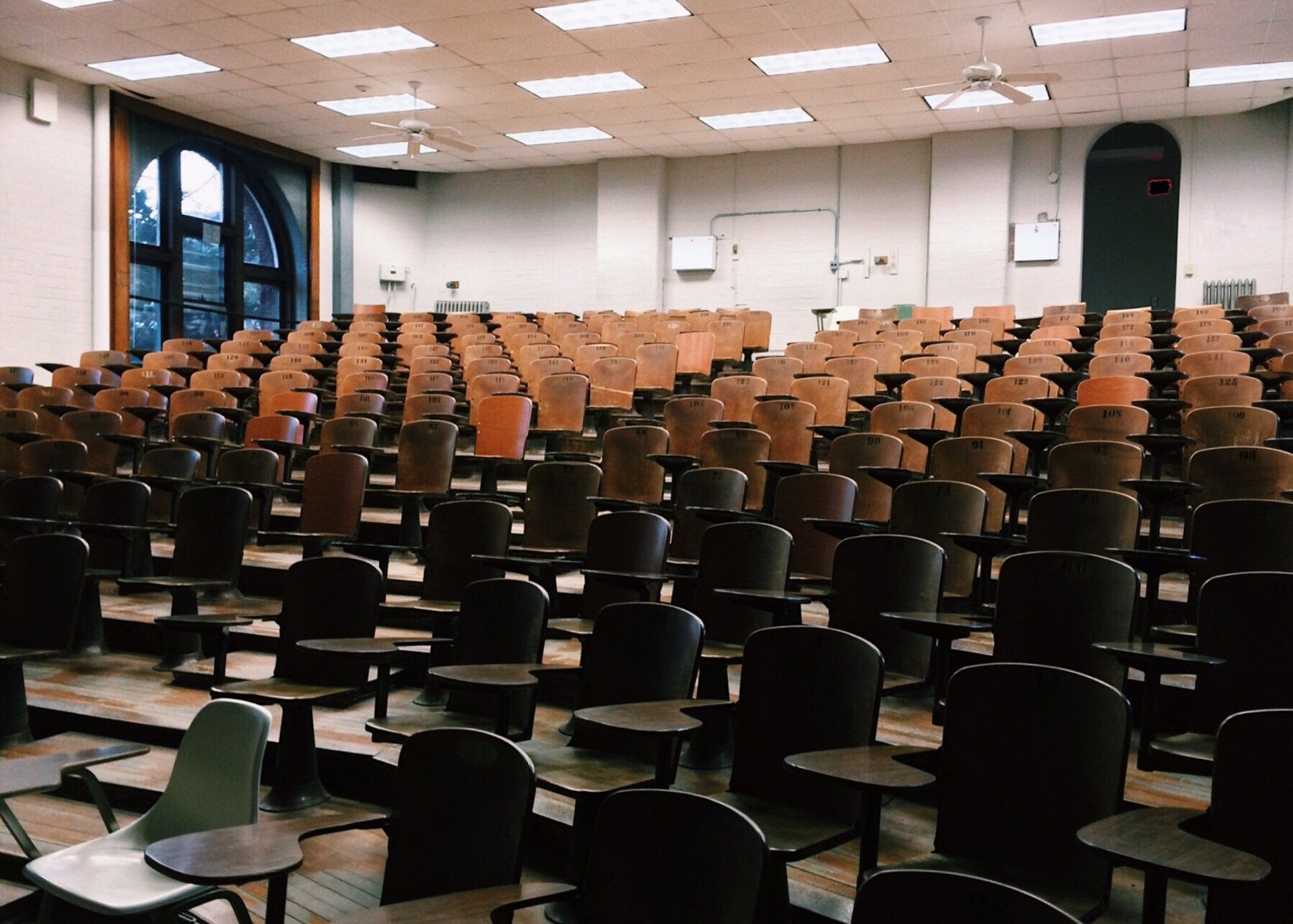
It’s that time of the year when students experience what is called ‘year-end fatigue’ – whether they be Matrics getting ready for the most important exams of their school career, senior high students aiming to perform at their best as they progress towards Grade 12, or graduate students at universities preparing for their end-of-year assessments. For all of these students, the coming weeks are going to be a test of their focus, strength and endurance as they aim for top marks. Yet at the same time, they have to contend with the fatigue that has most likely set in after all their hard work during the past year. But by reframing their mindset and ensuring they stick to some tried and tested guidelines, they can all dive into the last quarter of 2022 with renewed enthusiasm to ensure they finish the year strong, an education expert says. “Signs of year-end fatigue include low energy levels, a feeling of being unable to keep up, a lack of motivation, feeling overwhelmed and exhausted, being unable to sleep, and low levels of concentration while possibly feeling anxious,” says Dr Rufaro Audrey Mavunga, Senior Head of Programme in the Faculty of Law at The Independent Institute of Education, SA’s leading private higher education provider. She says this situation may lead students to start slacking when they can least afford to, for instance by bunking classes, not participating in school or university activities, procrastinating and putting off revision they planned hoping that they might feel more motivated to tackle tasks later, and by checking out of their circumstances by sleeping too much or watching too much television. “If you are feeling like this, rest assured that it is normal to feel tired and overwhelmed and that you are not alone. However, you should also know that it is possible and important to overcome these feelings so that you can finish strong, and that it is within your ability to do so if you act decisively right now. There is still enough time to make sure you can get a handle on things again and get on top of your academic work to the best of your ability.” Dr Mavunga advises students as follows: Take some time off This may sound counter-productive, but it can help to take a day or two to regain your focus without feeling guilty. In these days, you can catch up on sleep, get out in nature for some relaxation, and remind yourself about the why and the how of what you are doing right now. Get your mind in the right place, and resolve to start the final stretch with vigour. Also use this time to lay out your schedule and plans for the coming weeks, right until you’ve put down your pen on your last exam. Revisit your study timetable and manage your time efficiently To finish strong, you need to continue with regular study sessions every week till the end of your exams. Do not count on doing an all-nighter just before you write an assessment. You should revisit your study timetable and ensure that you have set up fixed hours for study every day. Plan for enough time to study each module and add your study sessions to your calendar like any other commitments. This guarantees that you keep in mind that this is time set aside exclusively for studying. Bear in mind a study plan works best when it is followed consistently. It is imperative that you stick to your plan, as this will ease tension and anxiety if you can see your consistent progress. Maintain a healthy lifestyle Exercise has many benefits, but it has been proven that exercise releases endorphins, which can improve your mood and reduce stress levels. Fatigue and tiredness could also be an effect of a lack of proper nutrition. Make healthy meal selections wherever possible and consume lots of water. Make sure you factor enough sleep into your schedule and don’t use that time to endlessly and mindlessly browse social media. Stay away from activities that are going to tire you out for days to come and keep a single-minded focus on your priorities right now. This too shall pass, and you’ll be happy you stayed true to yourself when results day comes. Get help if you need it Sometimes one feels so helpless and it may feel like you are stuck in a deep dark hole with no way of coming out. Give attention to the positives you encounter and embrace them. Consult school or campus support staff to gain different perspectives on how to ease the fatigue and to get over negative feelings you may have. If you need additional assistance with the academic side of things, approach a teacher or a lecturer for guidance. If you need additional emotional support, ask trusted adults at home or at your institution to assist in getting the support you need. Keep your eye on the end goal Commit to finishing strong. In your downtime, look at your path ahead – what dreams and aspirations will become accessible if you perform well during this stage of your academic journey? What avenues of study may open up for you? What possibilities and opportunities may arise? “At this time of year, it’s easy to get lost in the fog of studying and worrying, and it’s easy to lose perspective about the bigger world out there and the fact that all of this is part of life’s journey. The end of this year will soon come around, and your effort will be rewarded if you know that you gave it your all on the road to making your dreams a reality,” says Dr Mavunga. ENDS Issued by: MEROPA COMMUNICATIONS On behalf of: THE INDEPENDENT INSTITUTE OF EDUCATION www.theworldofwork.co.za or www.iie.ac.za Note to editor: The Independent Institute of Education (The IIE) is a division of the JSE-listed ADvTECH Group, Africa’s largest private education provider. The IIE is the largest, most accredited registered private higher education institute in South Africa, and the only one accredited by The British Accreditation Council (BAC), the independent quality assurance authority that accredits private institutions in the UK.

Time is running out for parents and guardians of senior primary school students to find and enrol at a high school that will best prepare and position the child for a successful future. It can be very confusing to make a call on which school is best suited for this most important task, as there are countless variables at play. However, if parents are prepared with a checklist of questions they need to ask (as well as examples of good responses), this task can be made a little easier – particularly when attending a school’s open day, an education expert says. “Good schools will host open days throughout the year, allowing parents and prospective students the opportunity to view and get a feel of a campus, ask questions, and decide whether a particular school is the right fit for them,” says Desiree Hugo, Academic Head: Schools Division at ADvTECH, Africa’s leading private education provider. “These open days are geared to provide opportunities for sharing the best aspects of a school, and excitement can quickly let important questions that need to be considered fall off the agenda. Whether prospective parents attend an open day, or just pay a school a regular visit to guide decision making, it is good practice to go with a plan in hand so that one can objectively compare schools on the various key elements required from an excellent institution,” Hugo says. The first factor – and a non-negotiable one at that – is the question of academic excellence and future-focused curricula, she says. “There can be no compromising on ensuring that the school you choose for your child will provide the absolute best on the academic front. An easy gauge of a school’s ability to deliver, is to have a look at end-of-year IEB Matric results to evaluate the performance of various schools against each other. Another way to judge this factor, is to look at benchmarking. “ Hugo advises that academically excellent schools will ensure they utilise international benchmarking assessments to confirm that the school remains locally and globally relevant with rigorous academic programmes and that academic data supports and engages all students in a personalised learning journey. “Also look out for clear visibility of student-centred practices as an important part of the academic model, intended to build confidence in an environment that values every student,” says Hugo. “Furthermore, parents should enquire whether the voices of the students are considered valuable in their learning journey towards academic excellence and student success, and whether they are they included in academic conversations with their parents about their plans for progress.” It is also a non-negotiable to enquire about the curriculum. A school must be able to provide evidence that their curriculum choice is implemented with integrity and is future-focused, and geared towards equipping students holistically across a broad range of technologies and global skills. Ask for evidence of what they do, how they do it, and outcomes, Hugo says. With the above basics satisfactorily answered, parents can move on to broader questions, such as: FACILITIES & AMENITIES The question that needs to be answered here, is how the offering supports the overall learning experience of students. Many schools select a focus for their offering, aligned to their fees, and may not offer all the bells and whistles, but rather ensure that the academic model and subsidiary activities are of an excellent standard instead of offering a wide bouquet. Check that classrooms are neat, well maintained and that they cater to a wide range of interests and offer flexible seating possibilities. For instance, do classrooms have useful educational technology, is Wi-Fi available, are equipped laboratories accessible, if promised, and are spaces for art, design and innovation utilised for future focused learning? On the sport side, do they cater to a variety of sport codes aligned to their model and offering, well-kept fields and facilities for those particular sporting opportunities on offer? Even if a child is not particularly sporty, well-maintained grounds are a good sign to take into consideration. STUDENT SUPPORT If a student requires additional academic support, whether it be emotionally or academically, what support structures does the school have in place, and how are they accessed? What disciplinary processes are in place to address bullying and other issues that may impact on the wellbeing and success of students? Does the school support the values of respect, diversity and inclusion – and is this evident in the classrooms and across the culture of the school? TEACHERS & CAMPUS STAFF What is the ratio of teacher to students in classes? And does the school highlight the academic practices to ensure all students are mentored and supported – no matter the class size? Are all teachers SACE accredited and can the school ensure police clearance is completed on all who work closely on the campus with children? Are the teachers offered professional learning opportunities to ensure curriculum and pedagogy are foregrounded to support student success? HOLISTIC ACADEMIC AND SKILLS DEVELOPMENT In addition to regular subjects that can be expected at most schools, which additional subjects may students access? What is the school’s approach to 21st Century Skills, such as communication, collaboration, analytical thinking, creative thinking, digital literacy, and problem-solving? How are these skills embedded in the curriculum and the everyday learning experience of students? Is there evidence of cross curricular teaching and learning, and are the students granted regular opportunities to share their thinking and co-construct their learning collaboratively? ENDS ABOUT ADvTECH The ADvTECH Group, a JSE-listed company, is Africa’s leading private education provider and a continental leader in quality education, training, skills development, and placement services. The Group reports its performance in a segmental structure reflecting the Schools and Tertiary as two separate education divisions, and Resourcing as the third division. ADvTECH’s Schools division comprises 9 brands with more than 108 schools across South Africa and the rest of Africa, including Gaborone International School in Botswana, and The Makini Group of Schools and Crawford International in Kenya. It owns 9 tertiary brands, across 32 campuses across South Africa and the rest of Africa. ADvTECH’s 8 resourcing brands places thousands of candidates annually, assisting graduates to make the transition from the world of study to the world of work.

Rutendo Madondo, also known as Teddy, matriculated from Pecanwood College in 2013. He went on to complete a Bachelor of Arts in Corporate Communication at Varsity College and graduated in 2017. After graduating in 2017, Teddy was fortunate to obtain a job for a multi-national sales company. Quickly Teddy climbed the ranks and had the opportunity to meet and interact with various established leaders in the industry. In 2018 Teddy was promoted to Key Accounts Manager for his sales company. A year later, the sales team he was managing won the Massmart Supplier of the year award. Though corporate life is an excellent experience, in 2019 Teddy decided to leave corporate life behind. Teddy went on to complete a TEFL (Teaching English as a foreign language) certificate and jumped at the opportunity to move to Vietnam, where he has been teaching students ranging from 5–17 years old’s for the last two years. Recently, Teddy was promoted to Senior Teacher for the English centre he is currently working for. Before Covid hit in 2020 Teddy was able to indulge in one of his favourite hobbies, travelling. He visited Malaysia and Thailand and was able to travel in and around Vietnam with some peers that also graduated from Pecanwood. “Travelling has allowed me to meet and socialize with a lot of different people from various cultures and backgrounds,” said Teddy. In his free time, Teddy enjoys going out, trying out new food, exercising, exploring the city he is living in and immersing himself in the Vietnamese culture and experience. “I am currently staying in a small city where English is rarely used amongst the local community. In addition to that, my limited Vietnamese sometimes makes life very interesting and challenging to communicate with the locals, but it is still such a fun life changing experience. I love every moment of my current career path and teaching English to young students has been very enjoyable and rewarding”, said Teddy.

A mere cursory glance at social media and parent groups shows the anxieties and frustrations of parents with school going children today regarding access to an excellent education. Lack of access at public schools is a major challenge, with parents whose children qualify on all counts not gaining admission – through no fault on their part, but because of capacity constraints. Another observed challenge is that of children already at school, but where the environment is simply not preparing them for the modern world because of outdated pedagogies and ways of working, non-productive homework requirements, or a system that no longer serves the needs of students. An education expert says while the above and other issues related to schools may feel like an impossible hill to climb for parents, the reality is that there are many options in the private sector of which parents may not be aware. Additionally, parents sometimes discard the idea of private education out of hand because of the perception that it might not be within their reach financially, when that is not necessarily the case. “Over the past weeks, many parents have had to tell their children that they were not accepted at any of the schools to which they applied, despite them qualifying for access,” says Kassandra Strydom, Academic Advisor: ADvTECH Schools Division Central Academic Team. “We’ve also noticed parents highlighting the struggles their children are facing because of personal challenges or circumstances, being just a number at school, being required to take subjects that are of no interest to them and being subjected to teaching methods and approaches that are out of touch regarding what is required in today’s world and what will be required of them in future. “Parental concerns are becoming evident. We urge these parents to investigate the options open to them in the private sector, because it can make a world of difference in a child’s educational journey, their self-actualisation and future prospects, and their general wellbeing,” says Strydom. Strydom says a key consideration for parents when investigating options in the private sector, is to consider WHAT KIND of school is right for their child, because unlike in the public sector, different private schools have very different offerings designed to cater to the specific needs of students and their families. She says top-level considerations when assessing any private school, will include the following: Class size Teacher qualifications, experience and expertise Commitment to continued professional teacher development on the part of the school Teaching styles, methodology and environments The selection of curriculum and whether qualifications will be internationally recognised Fee structures Sport and extra-curricular offerings as well as facilities Additional academic support as well as programmes such as core skill development and EdTech integration The kinds of private school offerings include the following: MODERN AND PROGRESSIVE SCHOOLS Emphasis on learning by doing – hands-on projects, expeditionary learning, experiential learning Integrated curriculum focused on thematic units Strong emphasis on problem solving and critical thinking Group work and development of social skills Understanding and action as the goals of learning as opposed to rote knowledge Collaborative and cooperative learning projects Education for social responsibility and democracy Integration of community service and service-learning projects into the daily curriculum Selection of subject content by looking forward to ask what skills will be needed in future society De-emphasis on textbooks in favour of varied learning resources Emphasis on lifelong learning and social skills Assessment by evaluation of child's projects and production Ed tech enabled learning opportunities These schools prepare students for responsible adulthood and potential leadership by laying an excellent academic foundation supported by future-focused skills that will ensure students have lifelong success TRADITIONAL HOLISTIC SCHOOLS/ RELIGIOUS TRADITIONAL SCHOOLS In addition to the above elements, traditional schools offer a strong academic focus with excellence in sport and culture opportunities for students. They seek to retain traditional values while preparing students for an ever-changing world. The recipe of following time-honoured traditions has been very successful and recognised for the excellent contributions it makes in every sphere of education and to the social and emotional development of each student. SPECIALISED ACADEMIC SUPPORT AND ASSISTED LEARNING These schools offer a non-traditional approach to education to support neurodiversity. The unique strategy creates opportunities for the academic support and nurturing of all students on their journey to achieving academic success. All students are included, catered for, and receive the additional support they require. The school believes that when a student joins the school, they are taking the first step toward their best future. creating opportunities for self-fulfilment and self-actualisation for all students, to develop their potential regardless of differences. Each student is taught according to their unique needs and in accordance with an individualised development plan by a multi-dimensional specialist team who follow a neurodiverse approach. School types as above can be broken down into top tier and mid-tier schools. The variety of school fee options can be aligned to the school’s offering. It is important to highlight that investigation into the academic success of students is important as this is possible at all fee levels, but the offering of additional subjects and activities vary. ONLINE HOME SCHOOLING Parents may consider investigating online/ homeschool options, but are urged to ensure that their chosen school focuses on ‘cognitive’ screentime – where students are able to engage during lessons – rather than opt for a ‘paper behind glass’ approach, which may impact successful study. “Very importantly, parents should feel comfortable that whichever school they choose, it has academic excellence at the core of its offering. Once that has been established, and the basic top-level considerations have been satisfied, parents can settle on the perfect environment for their child which fits with their budget, which will not only impact on the wellbeing and future preparedness of the child, but also on the family’s wellbeing as a whole,” says Strydom. ENDS ABOUT ADvTECH The ADvTECH Group, a JSE-listed company, is Africa’s largest private education provider and a continental leader in quality education, training, skills development, and placement services. The Group reports its performance in a segmental structure reflecting the Schools and Tertiary as two separate education divisions, and Resourcing as the third division. ADvTECH’s Schools division comprises 9 brands with more than 108 schools across South Africa and the rest of Africa, including Gaborone International School in Botswana, and The Makini Group of Schools and Crawford International in Kenya. It owns 9 tertiary brands, across 32 campuses across South Africa and the rest of Africa. ADvTECH’s 8 resourcing brands places thousands of candidates annually, assisting graduates to make the transition from the world of study to the world of work.
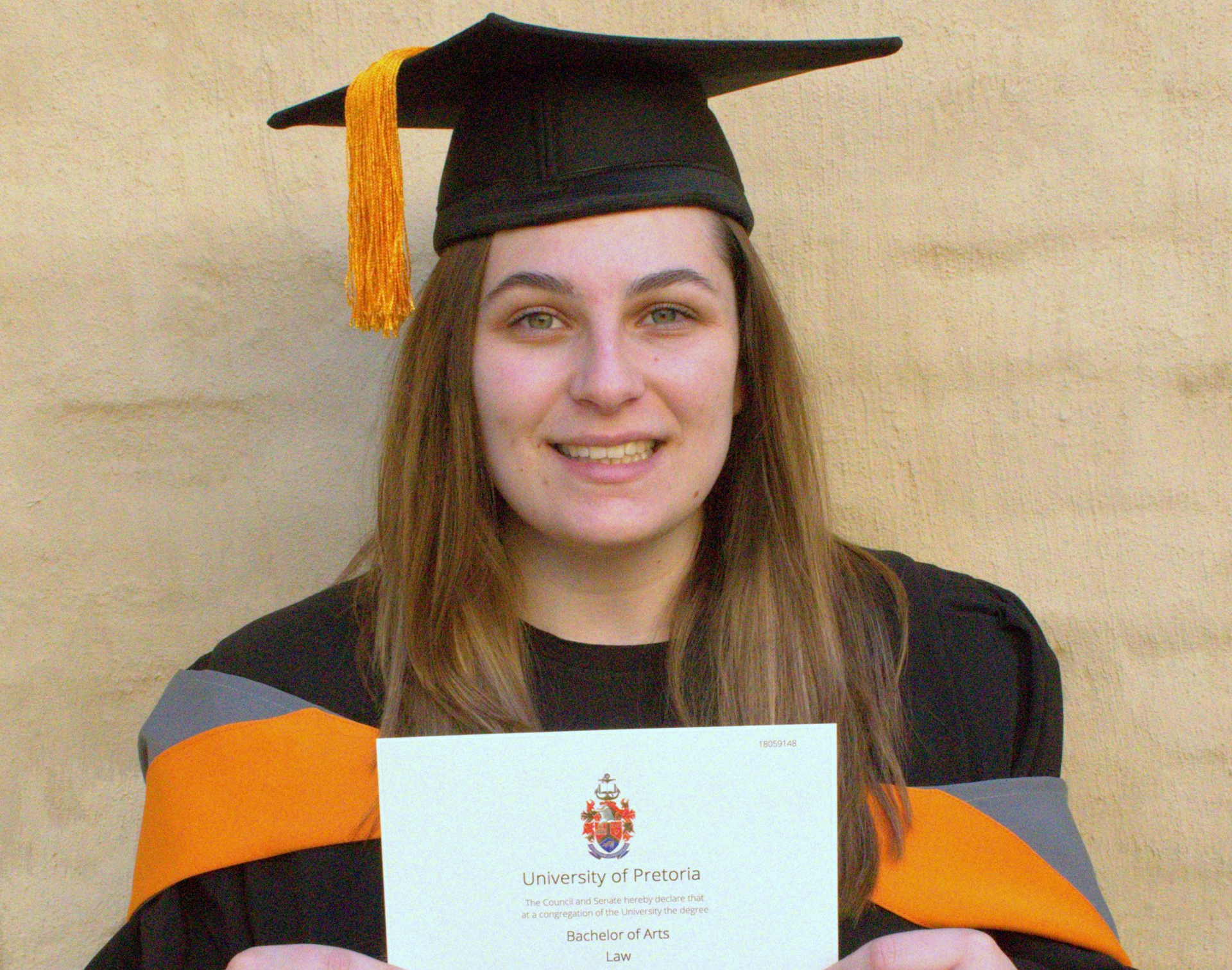
Julienne Nestler matriculated from Pecanwood College in 2017. After matriculating from Pecanwood College, Julienne, went on to complete a BA Law Degree, at the University of Pretoria in 2020. Julienne is currently studying towards her LLB Degree at the University of Pretoria and is due to graduate at the end of this year, 2022. After completing her LLB Degree at the end of this year, Nestler plans to further her studies, by applying to do her Masters, as well as doing her articles. In the first year of her degree in 2018, Julienne joined the Psyche Society at the university, where she volunteered at an orphanage weekly, spending time with the children and helping the staff in any way they needed. “Through the society, I also helped to plan and work a ‘Fun Day’ event where we spent the day doing fun activities with the children from the Mamelodi township,” says Julienne. For the last three years, Nestler has been part of the STARS Mentor at the University. As part of the mentorship, Julienne is assigned first-year students (usually 2-3) and works with them throughout the year to help them in their adjustment to the University from High School. During the lockdown, like many of us, Julienne decided to complete a fun online course to pass time, mixology. Some of Julienne’s passions include working with people, volunteer work and being a mentor at the University. During the completion of her LLB Degree, she has acquired interests in international law, medical law, and criminal law. She hopes to pursue a career in one of these fields. Julienne started at Pecanwood in 2013. Staying in the hostel she created many great memories. “One of the greatest and most significant events was the Academic Tour in 2015, where we travelled to Europe, and had incredible times making everlasting memories”, said Nestler. “Pecanwood has contributed to my success in that I was provided a great education from brilliant teachers and that set me up to get into university and succeed in furthering my education”- Julienne Nestler.
